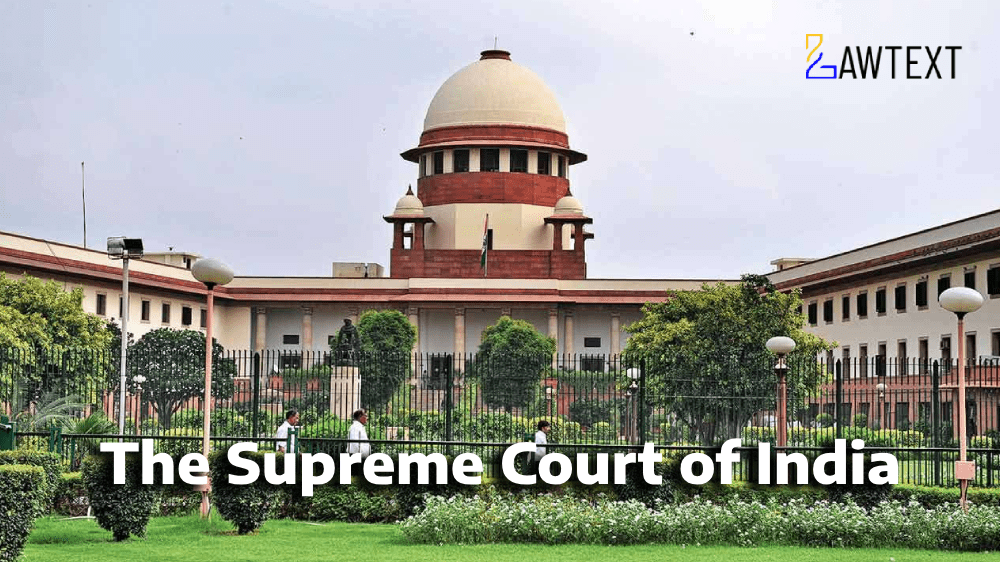

The Supreme Court of India has set aside a judgment by the High Court of Jharkhand, which had quashed criminal proceedings and summoning orders against the partners of M/s SS Infrastructure Co. The case involves allegations of fraud and forgery in obtaining a contract for the Namna Ankiat Project in Jharkhand. The Supreme Court emphasized that the High Court exceeded its jurisdiction and that the determination of forgery and fraud should be made during a trial.
In a recent ruling, the Supreme Court of India reinstated criminal proceedings against the partners of M/s SS Infrastructure Co., who are accused of committing fraud and forgery to secure a substantial government contract. This decision overturns a previous judgment by the High Court of Jharkhand, which had quashed the proceedings and summoning orders.
The appellant, Dharambeer Kumar Singh, had filed a complaint under Section 156(3) of the Code of Criminal Procedure, 1973, against M/s SS Infrastructure Co. and its partners, alleging that they committed offenses under Sections 384, 389, 406, and 420 read with Section 34 and 120B of the Indian Penal Code, 1860. The complaint centered on two primary accusations: non-payment for subcontracted work and the fraudulent procurement of the contract using forged documents.
The contract in question pertained to the Namna Ankiat Project, which involved extension, restoration, and modernization work under the Jinjoyi Irrigation Scheme in Palamau, Jharkhand. The project, valued at over Rs. 35 crore, required bidders to demonstrate past experience in similar projects worth at least Rs. 18.4 crore. The respondents allegedly submitted forged documents to falsely claim this experience.
Initially, the High Court of Jharkhand rejected the anticipatory bail application of one of the respondents, acknowledging the serious nature of the allegations. However, the High Court later quashed the summoning order and criminal proceedings, citing insufficient evidence presented by the investigation agency.
The Supreme Court criticized the High Court for delving into the merits of the case at the summoning stage, which is only meant to determine if a prima facie case exists. The Supreme Court noted that the High Court had overstepped its jurisdiction by effectively conducting a mini-trial, which is inappropriate at this preliminary stage. The Supreme Court emphasized that the allegations of forgery and fraud require thorough examination during a full trial.
The Supreme Court set aside the High Court's judgment and remanded the case back to the Judicial Magistrate for trial. It underscored that all defenses and contentions remain open for consideration during the trial. The decision reaffirms the principle that serious allegations, especially those involving fraud and forgery, should be properly adjudicated through a complete judicial process.
This ruling reinforces the necessity of allowing the trial process to unfold in cases involving significant allegations of criminal conduct. It also serves as a reminder of the limited scope of judicial review at the summoning stage, ensuring that courts do not prematurely dismiss potentially valid claims of criminality.
Citation: 2024 LawText (SC) (8) 63
Case Number: CRIMINAL APPEAL NO. __________ OF 2024 ( @ SLP (CRL.) NO. 1500 OF 2024) CRIMINAL APPEAL NO. __________ OF 2024 ( @ SLP (CRL.) NO. 1660 OF 2024)
Date of Decision: 2024-08-06
Case Title: DHARAMBEER KUMAR SINGH VERSUS THE STATE OF JHARKHAND & ANR.
Before Judge: [VIKRAM NATH J. , PRASANNA B VARALE J.]
Appellant: DHARAMBEER KUMAR SINGH
Respondent: THE STATE OF JHARKHAND & ANR.